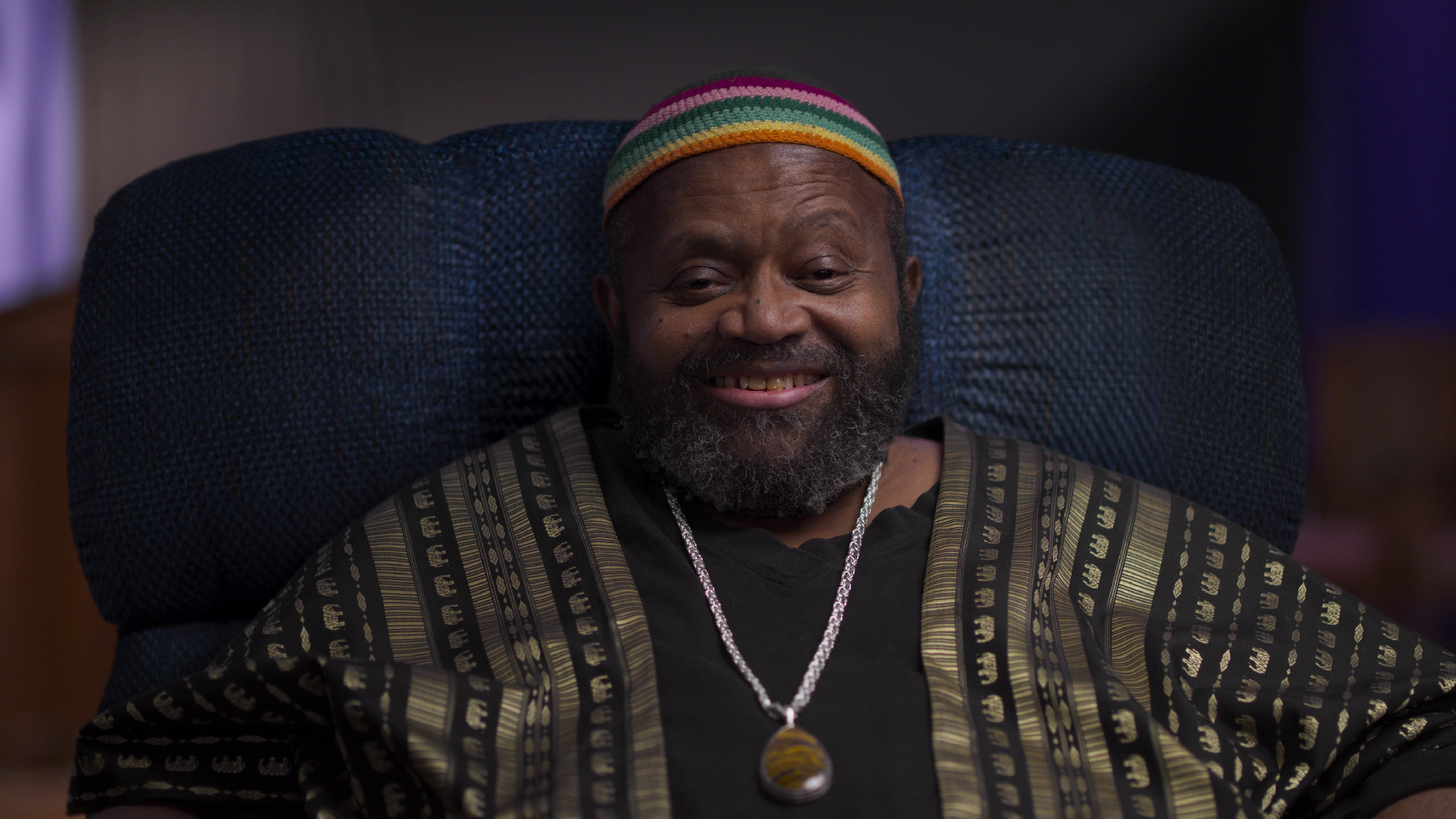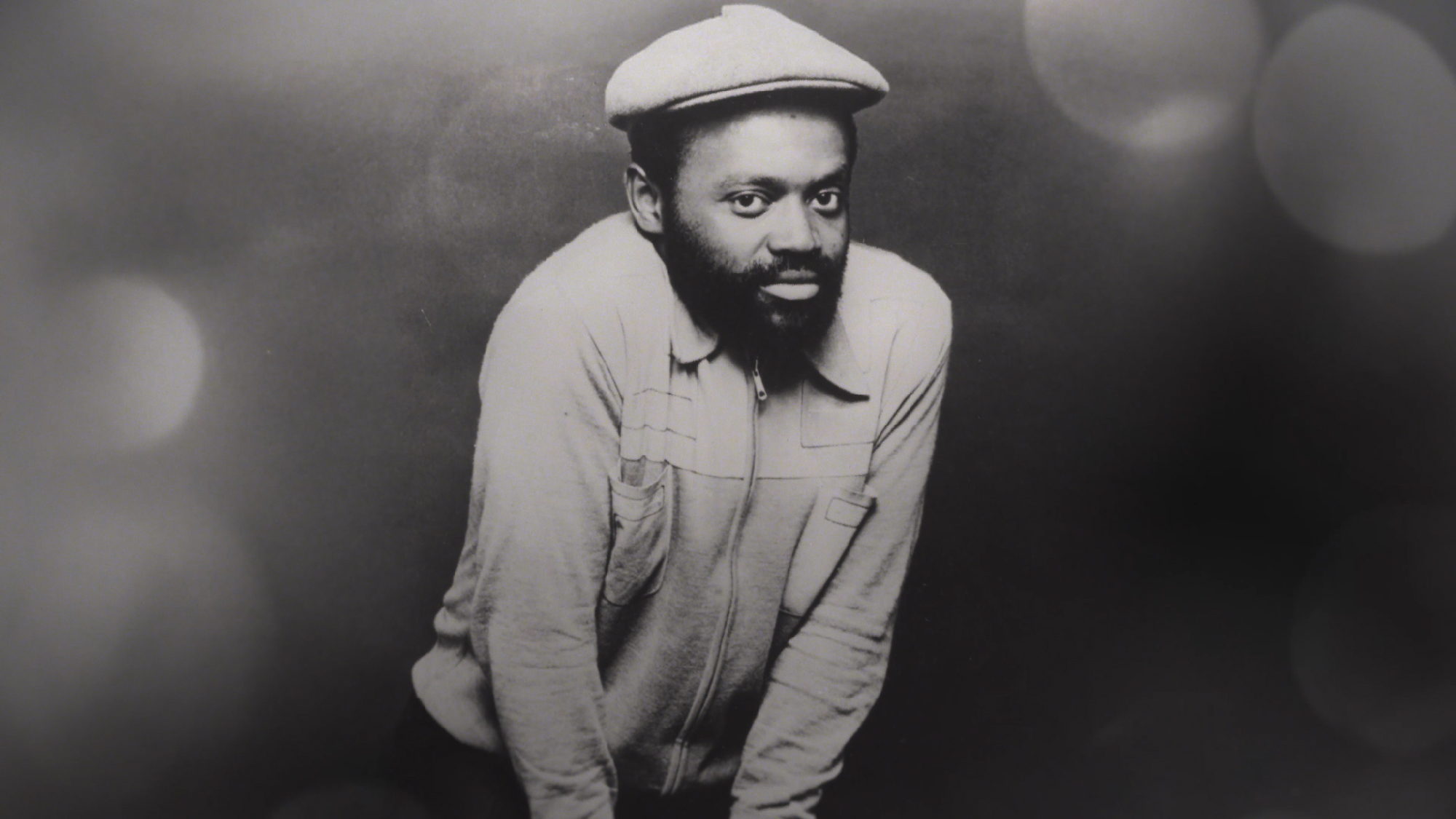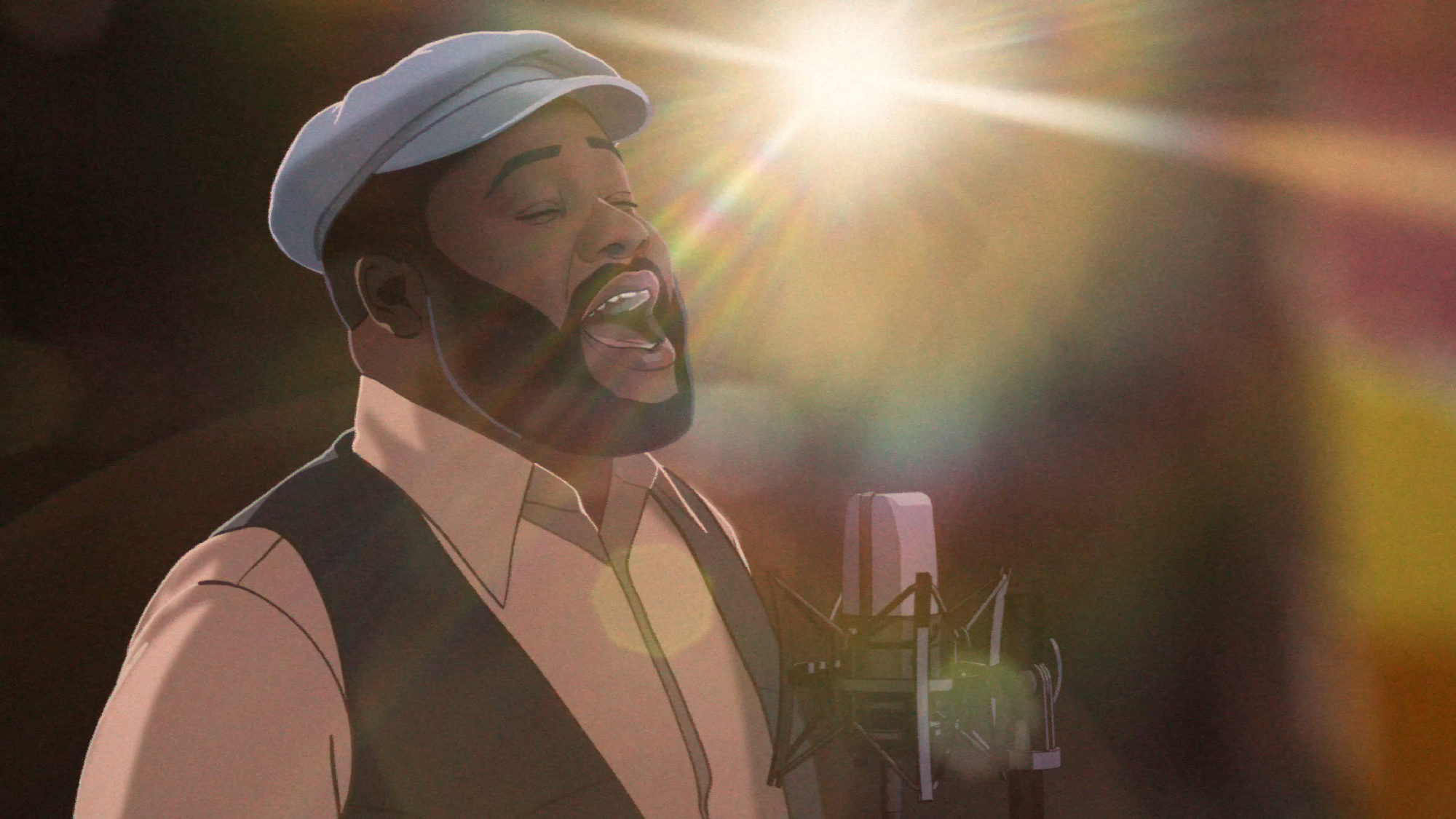The challenge of shaping Carl Bean’s altogether remarkable life into a documentary is that there was just so much of it. Instead of a climactic triumph or peak period that I Was Born This Way could build up to and fade out from, the gay gospel-steeped singer-turned-minister was a force for decades.
Loud, Proud and Unbowed ‘I Was Born This Way’ Shimmies into Frameline

Hallelujah for Bean and the thousands of people he touched. But it made the job of crafting a dramatic narrative from Bean’s lifelong journey tougher for filmmakers Daniel Junge (Saving Face) and Sam Pollard (Sammy Davis, Jr.: I’ve Gotta Be Me and Max Roach: The Drum Also Waltzes). Their solution was to maintain the musical beat all the way through, and to showcase Questlove, Billy Porter and Lady Gaga out of the gate to establish Dean’s bona fides for 2025 audiences.
I Was Born This Way, which premiered earlier this month at the Tribeca Film Festival ahead of its West Coast premiere Thursday, June 19 in Frameline49 (aka the San Francisco International LGBTQ+ Film Festival) takes its name from the openly gay anthem sung by Bean that galvanized discos in 1977. In fact, a film could have been made just recounting the saga of the song, which inspired Gaga’s 2011 hit “Born This Way” (although she didn’t publicly acknowledge the connection until a decade later).

The lyrics to “I Was Born This Way” were written by Bunny Jones, a (heterosexual) Harlem beautician and entrepreneur who enlisted Chris Spierer to compose the music and Valentino to sing the vocals. Stevie Wonder dropped by the studio to play the drums, and Jones’ small record company moved 15,000 copies in 1975 before selling the distribution rights to Motown.
Motown decided to re-record the song two years later with a more pronounced dance beat and a new singer. Carl Bean, who’d honed his chops as a boy at Baltimore’s Providence Baptist Church and a teenager in New York’s Christian Tabernacle Church choir before forming a group called Universal Love that released an album on ABC Records, got the gig. After the song hit and Motown was preparing to make Bean the next David Ruffin, he walked away from stardom to sing the gospel.
Regally seated in a comfortable chair, Bean recounts his story with an engaging blend of self-confidence and defiance. The filmmakers use animated sequences to illustrate a childhood defined by singing, sexual abuse, a then-illegal abortion that resulted in a close relative’s death and the homophobia that Bean experienced in the Black community.

Bean’s drive and talent propelled him out of Baltimore and, eventually, to success in the music industry. But that wasn’t his calling, he realized, so he exited the business by way of a Greyhound bus to Los Angeles, paradoxical as that sounds.
With the onslaught of the AIDS epidemic, Dean visited and counseled people of color in hospitals. Noticing that clergy were exempt from the constraint of visiting hours, he became a minister and started the Minority AIDS Project. Bean went on to found the first LQBTQ+ ministry, Los Angeles’ Unity Fellowship Church.
I Was Born This Way fully honors Bean’s spirit and service, and his influence and impact on Los Angeles’ Black gay community. That’s the thing, though: The documentary plays like a biography of a historical figure. While it certainly speaks to the painful experiences of some individual viewers, it doesn’t nail the groove of the present moment. Namely, that uninhibited expressions of queer pride persist despite overt, state-endorsed erasure of LGBTQ+ lives and stories (like the Secretary of Defense’s proposal to remove late Navy veteran and San Francisco Supervisor Harvey Milk’s name from a U.S. ship).
I Was Born This Way does succeed in reminding us, through footage of concertgoers responding to Lady Gaga’s performance of “Born This Way,” all these years after Bunny Jones’ song dropped in clubs, that popular music still can be a cry of affirmation and self-worth. Much like singing in church, as Carl Bean proved to his eternal satisfaction.
‘I Was Born This Way’ screens Thursday, June 19, 2025 at 7 p.m. at KQED (2601 Mariposa St., San Francisco) as part of the Frameline film festival. Tickets are currently at rush.

